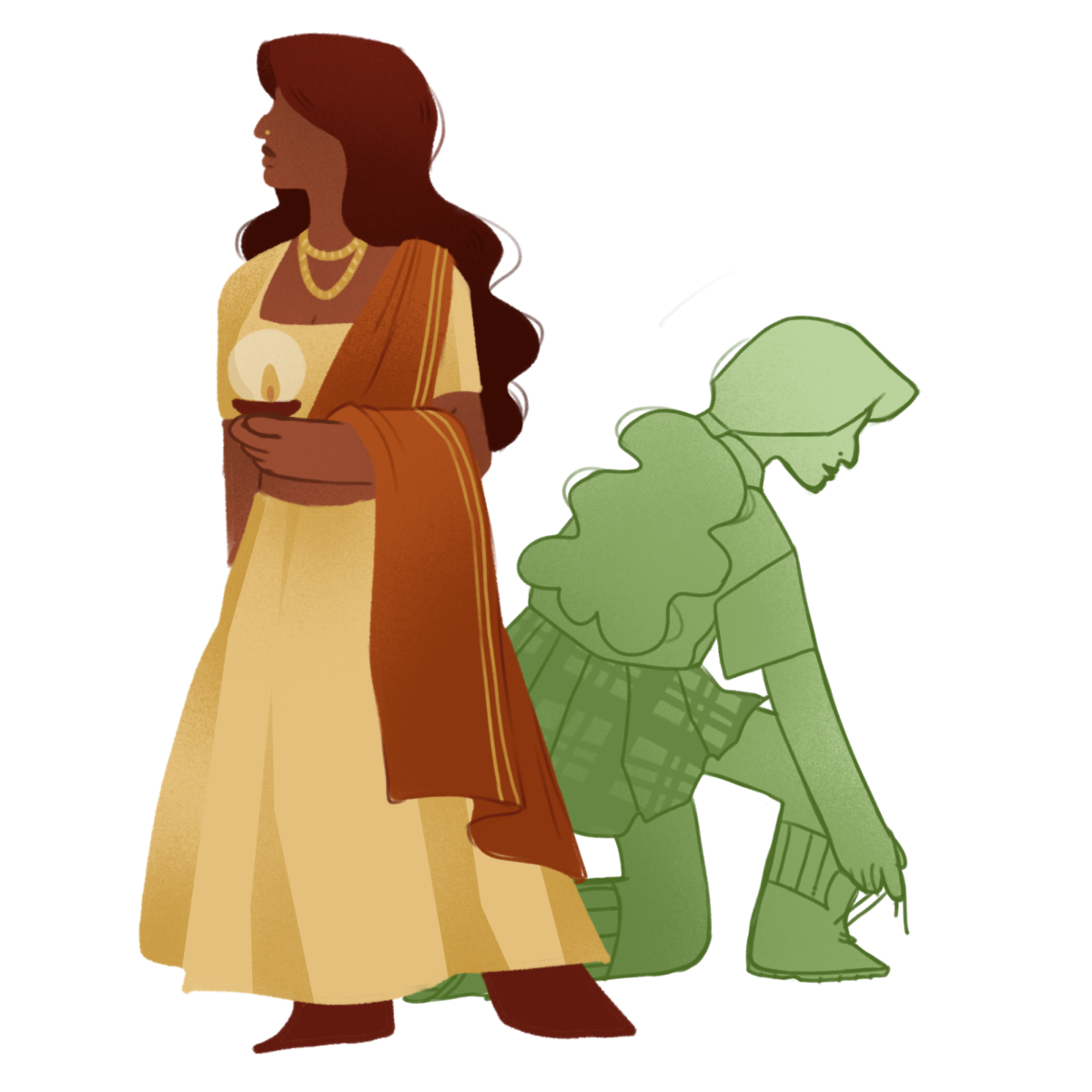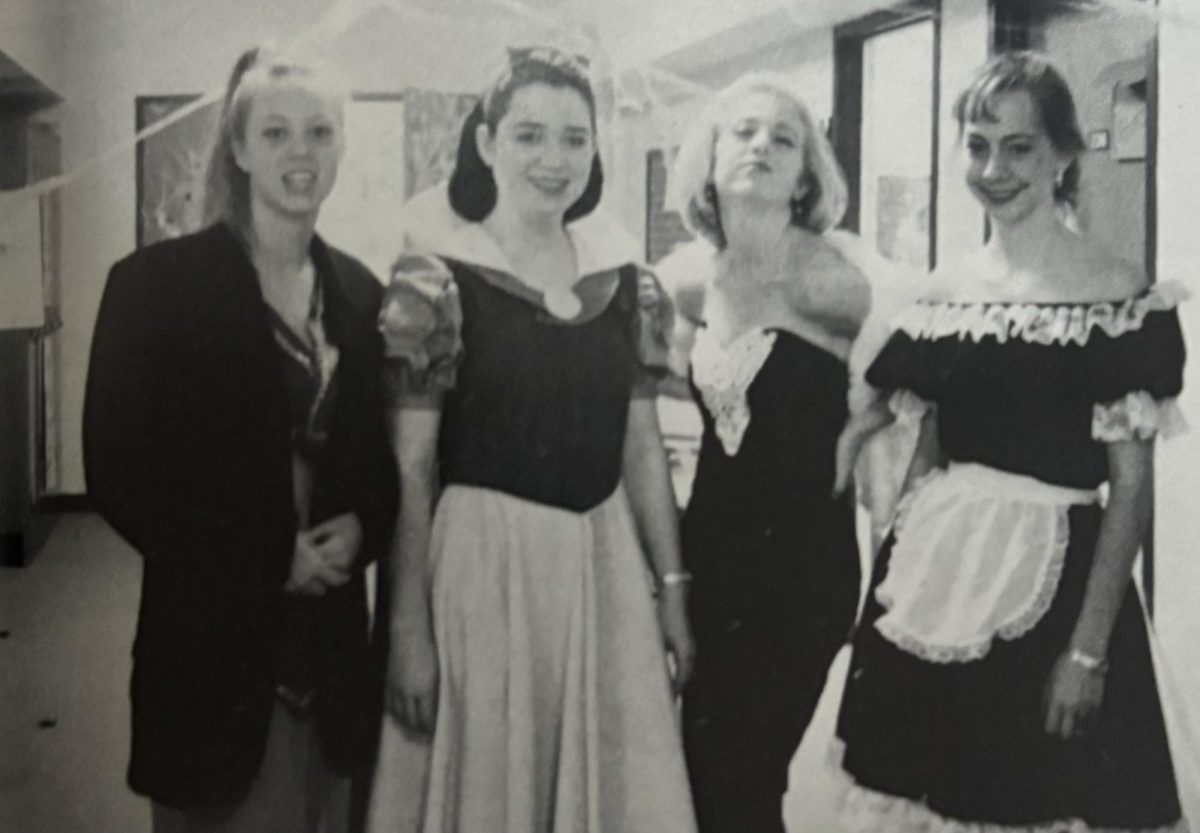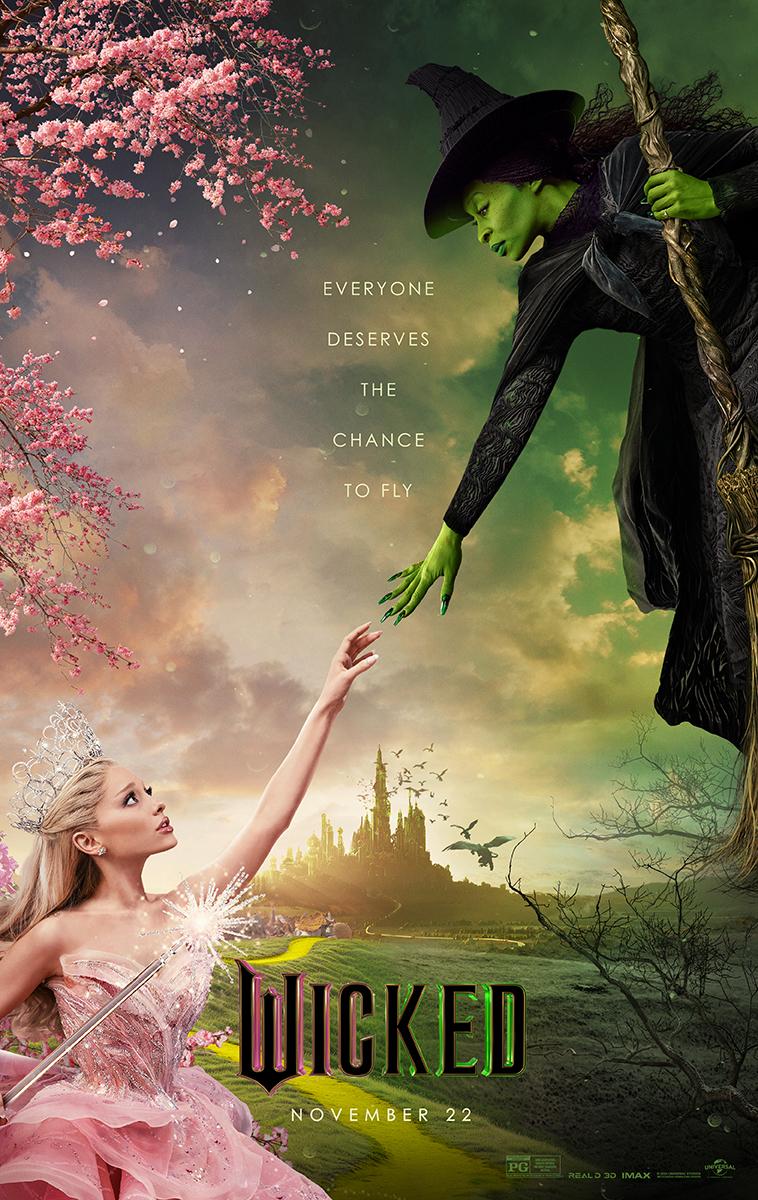Staff Writer Mary Orsak finds no fear in the evolution of the English language.
The Bard, arguably one of the greatest literary figures of all time, committed word crimes and disrespected traditional Elizabethan English. What should we do with such a rogue criminal? Lock him up and put him behind bars?
William Shakespeare created over 1700 words in his lifetime including “assassination,” “countless,” “puke,” “rant” and “swagger.” Today, students sit in classrooms and applaud the Bard’s ingenuity and mastery of the English language as well as use these words on a daily basis.
However, Shakespeare’s new words were not always accepted with open arms. Poet and critic John Dryden had qualms about the evolution of English, saying “our language is in a manner barbarous.”
Today, this debate continues regarding the fast-paced addition of new words to the Oxford English Dictionary.
In September 2015, a staff of 120 scholars added hundreds of new entries to the OED such as “hoverboard”, “take-back”, “telly”, “uniport” and “water-cycle”. Additions to the OED occur every three months, illustrating the constant creation of new words and new uses of those words.
Many modern Drydens will try to tell Millennials that they are the cause of the deterioration of the English language for introducing new vulgar words and speaking in a more colloquial style. To all the pretentious English scholars that criticize this evolution of our language, I say that every word created is an example of the innovation and globalization in our society.
We never needed the word “hoverboard” until we invented one. The word “uniport” illustrates our growing knowledge of molecular biology and ions. We adapt words from other languages and assimilate pop culture terms into our vocabulary. These words may not resemble the elegance of traditional, regal English spoken by monarchs for centuries but neither did Shakespeare’s writing in his time.
English is a complex language that is derived from Latin, Ancient Greek, German and Dutch. It is rapidly evolving in the wake of the technological revolution. We are constantly figuring out new ways to communicate with one another as innovative forms of software allow us to instantly text, tweet, Instagram and blog our thoughts.
This transformation of English will not end with “twerk,” “JavaScript” and “photobomb.” Progress is inevitable.











